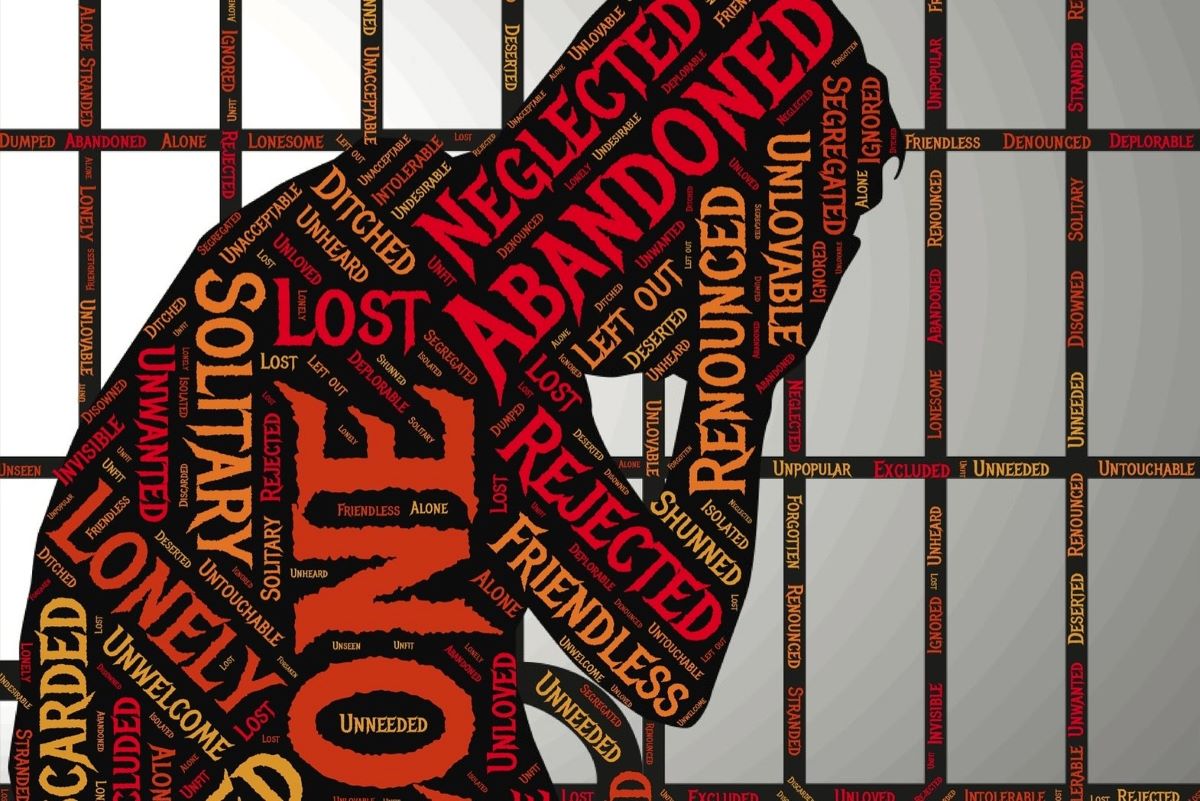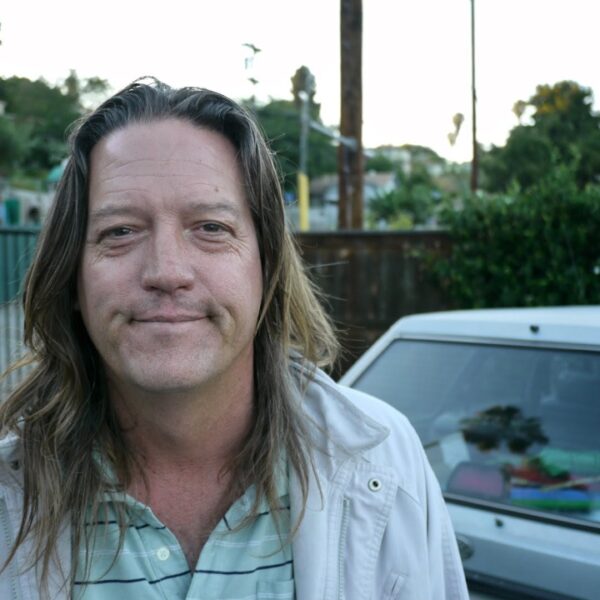Picture This:
A homeless man ventures into a Burger King one cold November day in Boston, intending to trade what little cash he has for a warm breakfast eaten indoors. He approaches the register, cash in hand, anticipating a classic item from the breakfast menu. Yet as the cashier surveys this man’s appearance, he makes a wrong assumption and accuses the homeless man of possessing a fraudulent $10 bill. Based on this false assumption, the cashier then refuses to give the man breakfast or to return his money. When the homeless man rightfully requests a refund, he goes from being falsely accused to being wrongfully arrested. In the end, the homeless man spends three months of his life in jail. Meanwhile, the $10 bill was legitimate the entire time.
This is not a made-up, cautionary tale. This is the story of Emory Ellis. And he is not alone.
Fact: Homeless People Are Arrested More Often Than Their Housed Counterparts and Usually for Less Violent Crimes
According to the Criminal Justice Homelessness & Health 2012 Policy Statement, “those experiencing homelessness are found to be arrested more often, incarcerated longer, and re-arrested at higher rates than people with stable housing.” Here are some statistics to help shed further insight into the aforementioned statement:
- One in five people who get booked in jail in Seattle are members of the city’s homeless population
- The vast majority of people arrested in Portland’s 2017 calendar year were also homeless
- Between 2011 and 2016, homeless citations increased by 31% in LA
- Last January, the City of San Diego was caught mass arresting homeless individuals mere days before the annual homeless count was scheduled to take place
- Meanwhile, the official website of the City of New York urges the general public to “Call 911 to report a homeless person creating a hazard.” The word hazard, when used in this context, refers to any homeless person who is blocking a sidewalk, sleeping in cold weather, sleeping in a transit area, blocking an ATM, appearing dangerous to onlookers, and more. Alternatively, it could be said that in this context, the word hazard refers to any homeless person who is behaving like a homeless person.
It’s easy to write these statistics off as merely words scrawled across a page, floating around in cyberspace somewhere. But we must remember that each of these numbers represents a life. To further illustrate the impact of widespread criminalization in the homeless community, we must look at how one citation can negatively alter someone’s life both now and in the future.
Now – The Day of the Arrest: On the Inside Turmoil Boils Over
From the instant a person is placed in handcuffs, panic overcomes the body. A homeless person, whose health might already be significantly compromised due to the harsh circumstances of being without a stable home, will likely feel the toll of this panic tenfold. Emory Ellis has since described his arrest as a publicly humiliating moment. This turmoil is internal in the beginning, but soon this pain will manifest externally.
Once a homeless person is escorted into the police car, that person is more likely to become a victim of police brutality. Behind bars, they will most certainly face harsher sentencing and exposure to the increasingly dangerous prison lifestyle. Some common threats in jail include:
- Exposure to infectious diseases
- Insect infestation
- Rodent infestation
- Decline in health due to inadequate sanitation
- Violence
- Overcrowded conditions
- Overuse of solitary confinement as a cruel, inhumane punishment
- Unthinkable emotional repercussions
- Further isolation from general society
This is just one person. This is strictly watching the circumstance through that window. But watch what happens when you zoom out and see the same arrest through the eyes of the watchful world.
Now – The Day of the Arrest: On the Outside, a Harmful Narrative is Spun
In reality, homeless people are three times more likely to become victims of crime. Yet the media will often portray them as perpetrators. One arrest, even a wrongful arrest, can help to fuel the harmful narrative that homeless people are violent, drug abusers, criminals. So, while an innocent man sits anxiously in a dangerous prison cell, homeowners who are fed a twisted narrative harbor even more animosity toward the innocent and poverty-stricken people among them.
Near Future: The Toll of Said Citation Begins to Sink In
Post-citation, new troubles pose new and ominous threats. When a homeless person is released from jail, whether they served time or were immediately set free, whether they were found guilty or found not guilty, one truth remains – they are still homeless. Only now, things have changed. In many cases, they have lost their place to sleep by now. Their belongings have likely been stolen or removed. Perhaps they didn’t get to claim that bed at the shelter where they usually sleep. Whatever the specifics are, they’ll have to start over, but that does not mean they’ll be starting anew.
Did you know that when a person is arrested, even if they are found not guilty, the charge remains on their criminal record? Yes, this homeless person will be starting over, but now with a mark that can only be removed through the lengthy, costly process of expungement.
Near Future: The Number of Unsheltered Homeless People gets Skewed
Yet another harmful narrative regarding homelessness is miscounting how many homeless people are actually living on the streets. If one homeless person is arrested for a crime they didn’t commit or for a law that was drafted specifically to target homeless people (like sit-lie and encampment laws) that’s one less homeless person there for the count. But what if, just a few days prior to a homeless count, hundreds of homeless people get arrested? This could lead to devastatingly inaccurate statistics and a public perception that we don’t really have a homeless crisis, when, in fact, we do.
Far Future: The Citation Gives Way to More Homelessness and More Hostility from the General Public
Remember that little mark a homeless person with a citation walks away with? Well, that mark becomes visible to anyone who checks their criminal record. This means potential landlords and employers. It means lenders and real estate agents. It means even lower chances of escaping homelessness.
That’s just what happens on the outside. On the inside, the mental scars from receiving a citation can give way to severe mental health issues, thus fueling the stereotype that homeless people are “crazy” by creating a situation where any sane person might snap under the pressure. Chris Herring of the University of California-Berkeley summed the situation up in one perfect sentence when he said, “Police citations perpetuate homelessness.”
They also perpetuate harmful stereotypes of homeless people. The end result is that public opposition grows, but in the wrong direction. The general public begins to accept homelessness and oppose homeless people. As these false perceptions take hold, hate crimes against homeless people increase and affordable houses go unbuilt.
Talk to your city representatives about alternatives to citations for homeless people, like building affordable housing, offering services in lieu of sweeps, and treating all people with the respect they deserve.













